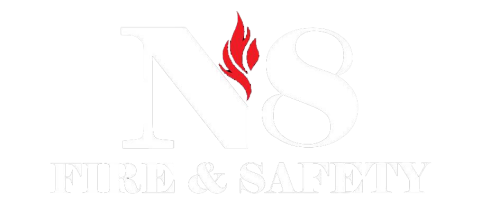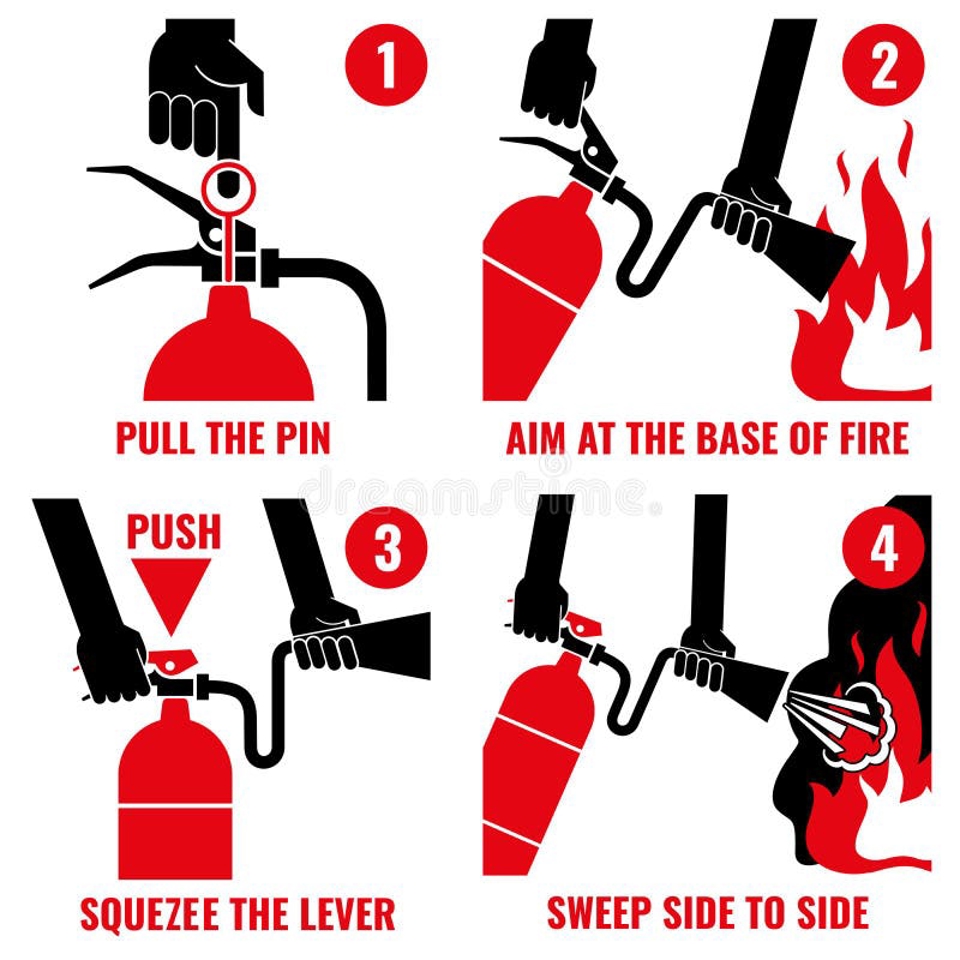Understanding the causes of fires in office buildings is crucial for creating a safe and compliant workplace environment. Fires can disrupt business operations, endanger lives, and lead to significant financial losses. In this blog post, we delve into the most common factors that contribute to office fires and provide actionable solutions for prevention. Whether you're a facilities manager or an office safety coordinator, our insights are tailored to help you mitigate these risks effectively.
Wiring Issues and Overloaded Circuits
Electrical malfunctions are among the leading causes of office fires. Faulty wiring and overloaded circuits top this list, often hidden behind the walls of bustling offices. Over time, wires can deteriorate due to age, rodent damage, or poor installation practices, leading to overheating and potentially creating sparks that ignite combustible materials. The danger is magnified when circuits are overloaded with too many devices, stressing the electrical system beyond its capacity. Warning signs, such as flickering lights, frequent tripping of circuit breakers, or a faint burning smell, should never be ignored. Regular electrical inspections by qualified professionals are essential for identifying and rectifying wiring issues before they culminate in a fire.
Equipment and Appliance Faults
Office equipment, such as computers, copiers, and other appliances, can also be fire hazards when they're poorly maintained or used improperly. Dust accumulation, worn-out cables, and malfunctioning internal components can lead to overheating and catch fire. Regular maintenance procedures, which include cleaning and part replacements, should be integrated into the office's operational protocols. Keeping a keen eye on equipment performance and ensuring they're turned off during non-working hours reduces risks significantly. Encouraging employees to report malfunctioning equipment promptly can be a proactive step toward fire safety.
Power Strips and Extension Cord Misuse
Improper use of power strips and extension cords is a pervasive problem in many office settings. These devices provide convenient solutions for powering multiple appliances but come with their own set of risks when not used correctly. Overloading a power strip beyond its capacity, daisy-chaining multiple strips together, or using damaged cords can quickly lead to electrical fires. It is vital to adhere to safety guidelines, such as ensuring that power cords are in good condition, are appropriate for the power load, and are used according to manufacturer instructions. Office policies should enforce strict guidelines on their use, making sure all staff are aware of potential hazards.
Improper Use of Space Heaters
Space heaters, popular for supplying additional warmth in colder months, pose significant fire risks when used without caution. Unattended heaters or those placed too close to flammable materials, such as paper and upholstery, can lead to fires. Offices need to establish clear guidelines for the safe placement and operation of space heaters. For example, employees should ensure that these heaters are equipped with automatic shut-offs and are only plugged directly into wall outlets. Additionally, auditing thermostat settings and encouraging the use of energy-efficient heating methods can lower the dependency on space heaters, thereby reducing associated risks.
Break Room and Kitchen Fires
Office break rooms, bustling with activity during meal times, are other potential hotspots for fires. Common causes include unattended cooking appliances, heating coils left on, or microwave accidents—each with the potential to rapidly escalate into a full-scale fire. Ensuring that these shared spaces are equipped with appropriate fire extinguishers and smoke detectors is a starting point. Moreover, implementing a protocol that mandates supervision when appliances are in use and conducting regular safety training can prevent many of these incidents. Employees should be educated on the importance of unplugging appliances after use and maintaining a clutter-free environment in these areas.
Smoking and Improper Disposal of Cigarettes
Although smoking laws have become stricter, some offices still face fire risks from improper cigarette disposal. Discarding cigarette butts in garbage bins or near flammable materials can ignite fires that spread swiftly. Creating designated smoking areas with appropriate disposal bins ensures that smoking is kept away from the main office facility, minimizing this risk. Additionally, a no-smoking policy within office premises, accompanied by clear signage and education, helps reinforce safe behavior among employees.
Inadequate Fire Safety Training
The role of human error, particularly due to inadequate fire safety training, cannot be overstated. Employees must be well-prepared to handle fire emergencies, yet many offices overlook regular training sessions. Fire drills, combined with comprehensive educational programs, enhance staff readiness and ensure they know how to respond effectively. Training should cover the use of fire extinguishers, evacuation procedures, and identifying hazards, empowering employees to act swiftly and safely in emergencies.
Incorrect Storage of Combustible Materials
Improper storage of combustible materials, such as cleaning supplies and paper products, poses a significant fire risk in office settings. These materials can intensify a small fire into a rapidly spreading inferno if not stored correctly. Offices must implement stringent storage practices, ensuring that flammable items are kept in proper fire-resistant containers, away from heat sources and electrical equipment. Regular audits of storage areas and adherence to safety guidelines can dramatically reduce the likelihood of a fire incident.
Inadequate Waste Management
Cluttered workspaces and accumulating waste can be more than just eyesores—they're fire hazards. Piles of paper, boxes, and other debris can easily catch fire, contributing to the rapid spread of flames. Implementing effective waste management strategies is crucial for maintaining a tidy office environment. Encouraging routine cleaning schedules, ensuring regular waste collections, and promoting organized storage can keep potential fire hazards at bay, creating a safer workplace.
Faulty Fire Detection and Suppression Systems
Fire detection and suppression systems are the first line of defense against office fires. However, these systems require regular maintenance to remain effective. Faulty fire alarms or sprinklers can lead to delayed responses, resulting in increased damage and risk. Building managers should prioritize frequent system checks and ensure that any identified issues are addressed immediately. Partnering with local maintenance experts can ensure compliance with safety standards and bolster fire protection strategies.
Structural Deficiencies and Poor Building Design
The structural integrity and design of a building significantly influence its fire safety. Poorly designed exits, narrow corridors, and inadequate signage can exacerbate risks during an emergency. Conducting thorough evaluations of building layouts and identifying structural deficiencies is crucial. Improvements, such as expanding escape routes, installing clear exit signs, and reinforcing building materials, should be prioritized to ensure a swift and safe evacuation. Consulting with architects and fire safety professionals can provide valuable insights into enhancing the building's overall safety.
To Keep Your Office Safe, Do Not Hesitate to Turn to N8 Fire & Safety
At N8 Fire & Safety LLC, we're committed to helping you protect your office and ensure a safe working environment. From electrical inspections to alarm installations, our team offers a range of services designed to minimize fire risks. Don't wait for an emergency to rethink your safety strategies—contact us today to learn more about our services and how we can assist in securing your workplace against fire hazards.
Call N8 Fire & Safety now at (210) 899-5568 or send us a message online.





